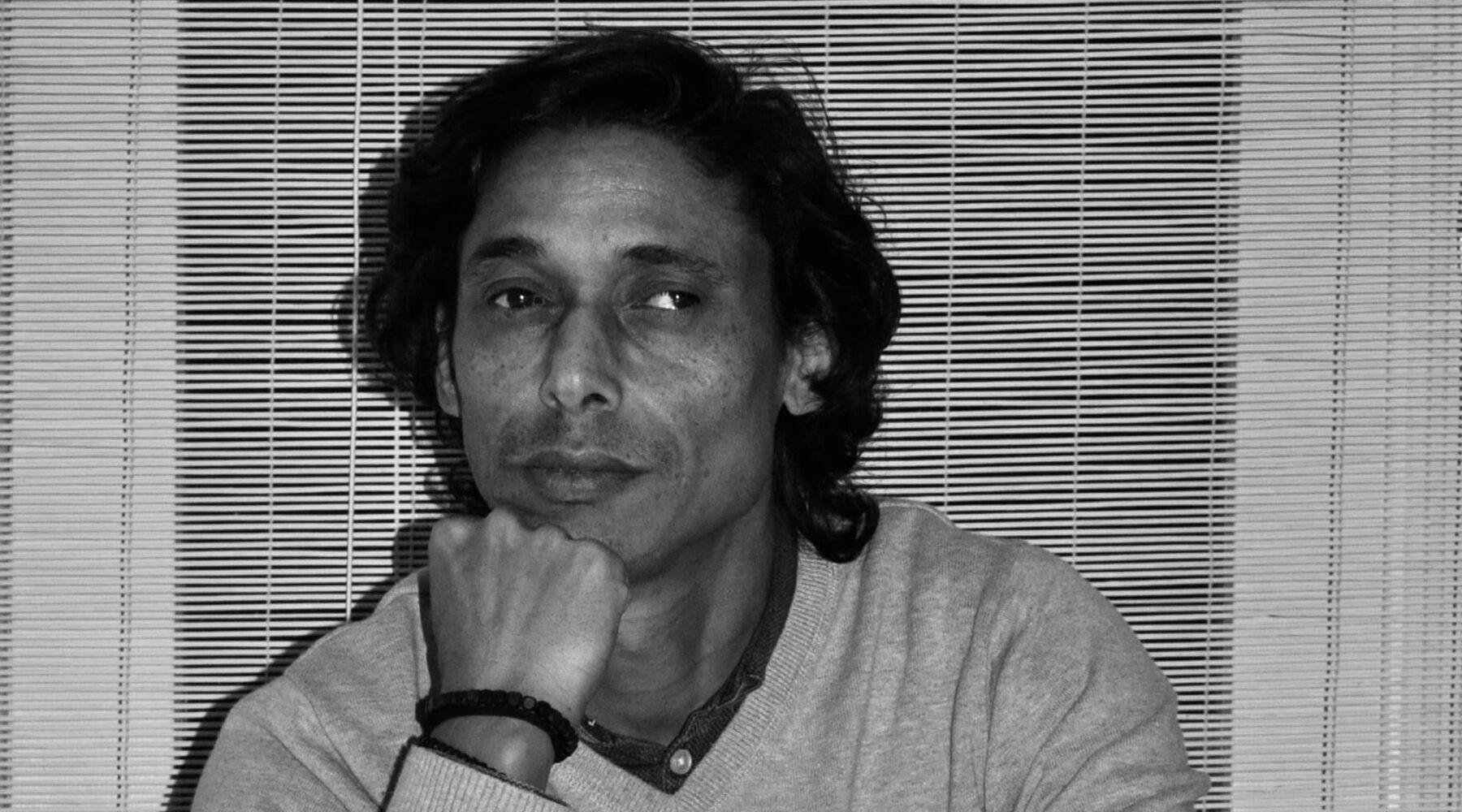


IMPORTANT UPDATE: 25 August 2020
We have recently been made aware of serious allegations pertaining to sexual misconduct on the part of Nacer Amari. The conduct alleged is reprehensible and warrants a full and impartial investigation by the relevant authorities.
The allegations made against him and his claim to asylum are, however, two separate issues.
As an organisation, we stand by the principles articulated in the below statement. We take no position on the basis of his original application, which has been verified by the Danish authorities. That said, we still believe that Amari would be at risk of persecution should he be forcibly returned to Tunisia. We hold this belief taking into account only and solely Amari’s outspoken criticism of Islam on social media during his period of permanence in Denmark, and the current climate for non-believers in Tunisia.
Nacer Amari, a Tunisian human rights activist, reportedly fled his home country in 2012 after receiving death threats from Islamists, and temporarily resided in Romania. While in Romania, Amari reports being threatened for expressing his atheism and for criticizing Islam. In 2019, Amari traveled to Denmark, where he subsequently applied for asylum. His case was rejected on appeal on 17 June 2020, after the Danish Refugee Appeals Board argued that his atheism and human rights-related activities will not cause him issues if he is returned to Tunisia.

Andrew Copson, President of Humanists International
Andrew Copson, President of Humanists International said:
“Nacer Amari has a well-founded fear of persecution; the threats that he has received and the profile he has an ex-Muslim activist pose a serious risk to his safety should he be forcibly returned to Tunisia. We urge the Danish authorities to overturn its judgement and grant Mr Amari asylum.”
Tunisian Nacer Amari, a freethinker, human rights activist and well-known critic of Islamist groups in Tunisia, is facing the risk of deportation from Denmark to a country where the expression of core humanist principles of democracy and freedom of human rights is severely restricted.
Having expressed overtly secularist views and criticized Islamist parties in Tunisia, Amari is at risk of persecution if he were to be returned to his home country. While living in Denmark, Amari has continued to be outspoken in his opinions. As such, Islamists groups and other conservative individuals Amari has offended in the past may pose a serious threat to his welfare and safety.

Lone Ree Milkær, President of the Danish Humanist Society
Lone Ree Milkær, President of the Danish Humanist Society said:
“No one should be in danger, simply because they have expressed their opinions. The Danish government needs to consider the increased threats and limitations on freedom of expression and freedom of religion or belief that atheists and humanists face, when applications for asylum are processed.”
According to Humanists International’s research, Tunisian atheists, secularists and freethinkers face considerable obstacles to exercising their rights to freedom of religion or belief, expression and opinion. Similar to many in the community across the globe, Tunisian humanists and atheists often opt to self-censor, rather than face threats, harassment, discrimination and ostracism that the expression of their worldview brings.
While freedom of expression was declared an imperative principle for the country in the aftermath of the revolution in 2011, the right remains contested in Tunisia. Individuals that criticize religion, traditional social conventions and Islamist groups experience persecution, violence and attacks by Islamists. Moreover, the Tunisian government continues to use the penal code and other laws to criminalize freedom of expression, despite guarantees of freedom of opinion, thought, and expression enshrined in the 2014 constitution.
There have been several reports of atheists, secularists and freethinkers, among others, being attacked by Tunisian Islamists because of their worldview. In 2018, President of the Freethinkers Association of Tunisia, Hatem Al Imam, was reportedly stabbed and beaten outside a bar by extremists in the nation’s capital Tunis. The attackers later followed him to his house and tried to break in. Two other members of the organization have also reportedly been threatened and attacked.
More recently, Amnesty International reported that Tunisian student Emna Chargui currently faces trial and death threats after sharing a photograph on social media that contained a satirical text, which has been deemed by some to be insulting to Islam. If convicted, she could face up to three years in prison. Furthermore, Amnesty International reports concerns that her rights to a fair trial have been violated.
Others have also been prosecuted under similar circumstances, including bloggers Jabeur Mejri and Ghazi Beji, and lawyer and LGBT activist Mounir Baatour in 2012 and 2019, respectively.